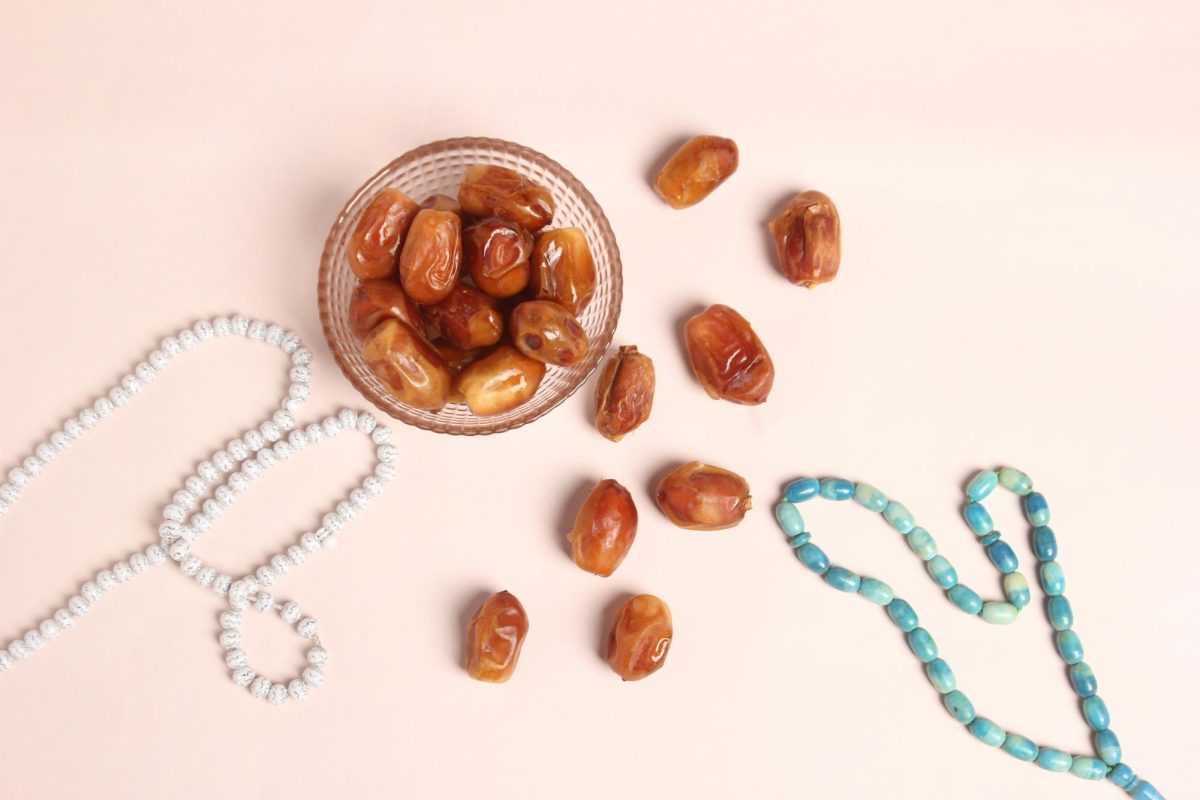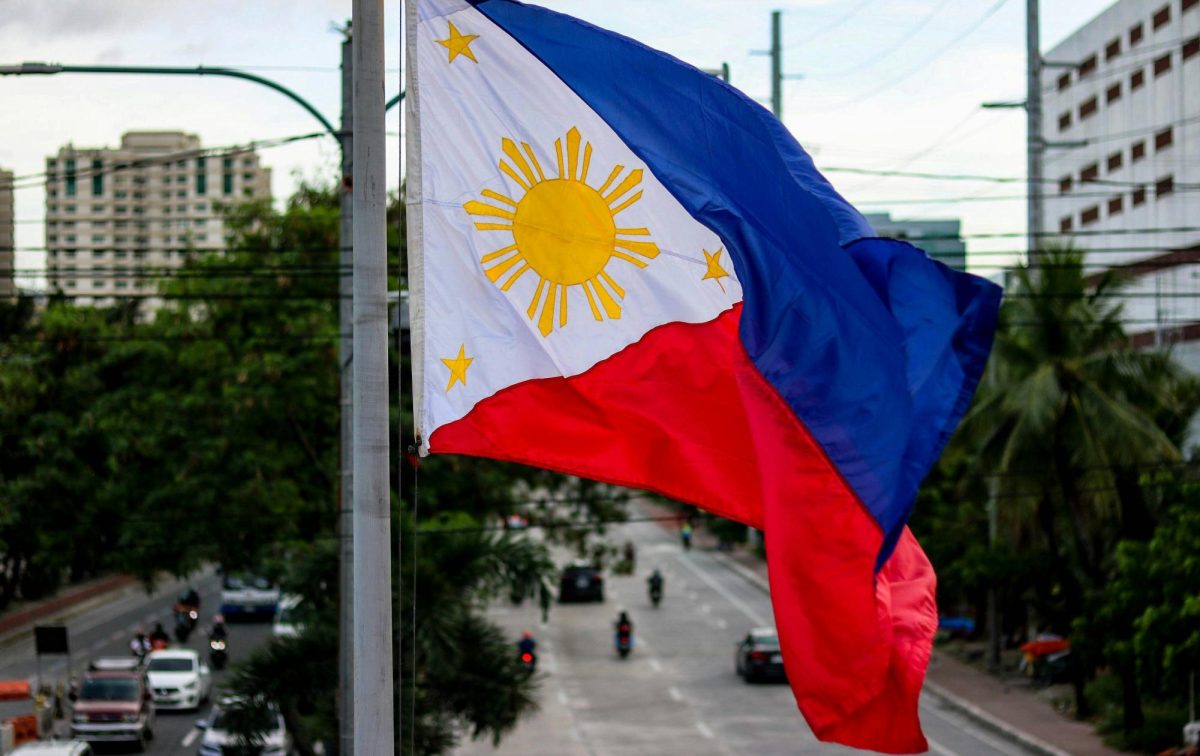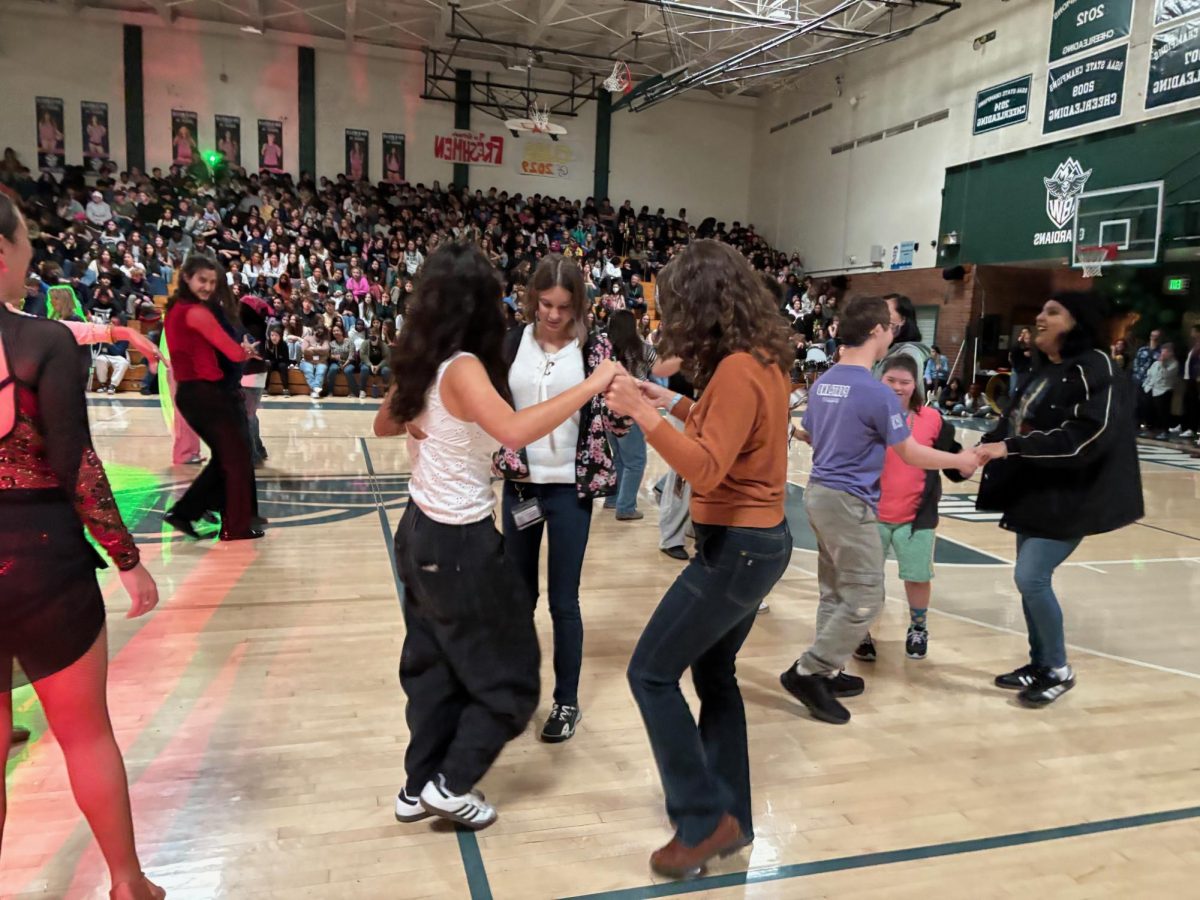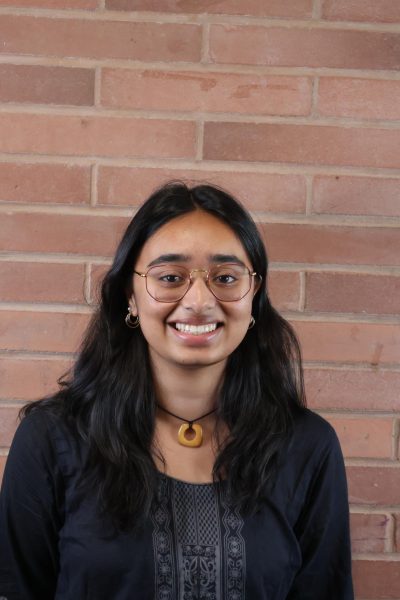From March 10 to April 9, Muslims around the world recognize the sacred month of Ramadan. During this month, Muslims will observe the tradition of fasting, reading additional prayers, donating to charity and studying the Qur’an.
Ramadan is the ninth month in the Islamic calendar, and during this time, it is believed that the verses in the Holy Qur’an were being revealed to the Holy Prophet — the messenger of Islam.
For most people who do not observe, fasting is what comes to mind first; however, it’s important to understand that Ramadan does not only entail fasting. Although it is what is commonly seen during this month, there is more meaning to this sacred month than abstaining from food and drink from dawn to dusk.
Ramadan is a month full of sacrifices. Refraining from eating and drinking for around 12 hours is considered a sacrifice, but so is charity. During Ramadan, Muslims will pay charity or Zakat al Fitr (Fitrana) to those suffering from hunger and poverty. Giving up bad behaviors, such as foul language and gossiping is also considered a sacrifice for some Muslims.
Extra prayers are also given during this month. There are five daily prayers every Muslim is expected to do, along with extra nightly prayers called Taraweeh. They are given after the fifth and final prayer of the day, Isha. These prayers are longer and voluntary opportunities for Muslims to connect with God and ask for extra forgiveness and blessings.
During Ramadan, you may notice things that you didn’t realize happen during this time. Even without explicitly knowing what a specific tradition means, there is always room for respect for these observations and traditions.
Here are some common things Muslims are asked and things you may see during the time of Ramadan — as well as some ways to properly respect their beliefs and traditions:
“Not even water?!”
A very common question asked during Ramadan; and yes, during Ramadan, Muslims refrain from both eating and drinking from dawn to dusk.
Sehri is before dawn when Muslims consume a meal before they fast and then pray the morning prayer of Fajr. Iftar is at dusk when Muslims break their fast and read the evening prayers of Maghrib and Isha.
Fasting for a whole day can be up to 12 hours long, depending on the season and where on the globe people are, the hours of fasting will differ. However, this is one of the many sacrifices Muslims make during Ramadan, and they still are sure to stay hydrated during the hours of which they are not fasting.
“Am I allowed to eat in front of you?”
It is not at all forbidden to eat in front of someone while they are fasting. However, the answer to this question differs from person to person. Some may not mind if another person is eating in front of them, as fasting becomes more normal to them. But there will also be people who will prefer that you do not eat in front of them.
You may encounter both and it’s important to respect what the individual prefers. Every Muslim has a different experience during Ramadan and it’s equally as important to respect what they would prefer because they are openly sharing their religious practices.
“Why aren’t you fasting?”
Not every single Muslim fasts during Ramadan because of a variety of circumstances. Sometimes they are permanently not allowed and sometimes it is just for a period of time.
Young kids are not too fast for full days because they are still developing and not eating for such a long time can harm their development. Fasting is usually encouraged at the age of puberty or around later adolescence, but certain family traditions and values around when fasting should begin, differ. People of older ages also tend to stop fasting as they are most susceptible to illness; however, there is no age limit to fasting.
When traveling people do not need to adhere to fasting times, especially when there are time zone differences. Women do not fast when they are pregnant, breastfeeding or menstruating. When menstruating, women also refrain from praying. Anyone who is physically and/or mentally incapable of fasting is also exempt.
All these circumstances can prevent one from fasting, however in most of these situations, Muslims will still make many of the other sacrifices made during Ramadan to make up for the lack of fasting.
“Can I observe Ramadan even if I am not Muslim?”
Just because you are not Muslim, does not at all restrict you from observing the traditions of Ramadan. In recent years with social media, many non-Muslims have also joined in with their Muslim friends to fast, pray and experience Ramadan for a couple of days – or the whole month.
Joining in with your Muslim friends to fast is a way to show your respect for several sacrifices they make. Making donations to charity is also a great thing to do during Ramadan, especially for those who struggle more during this month. Many have also studied the Qur’an, which is always encouraged, no matter the religious background someone may have.
Muslims receive many more questions during this month and it is important to ask them respectfully, with the intention of learning more about this sacred month and understanding what Ramadan means not only as a whole but also what it means on an individual level.









